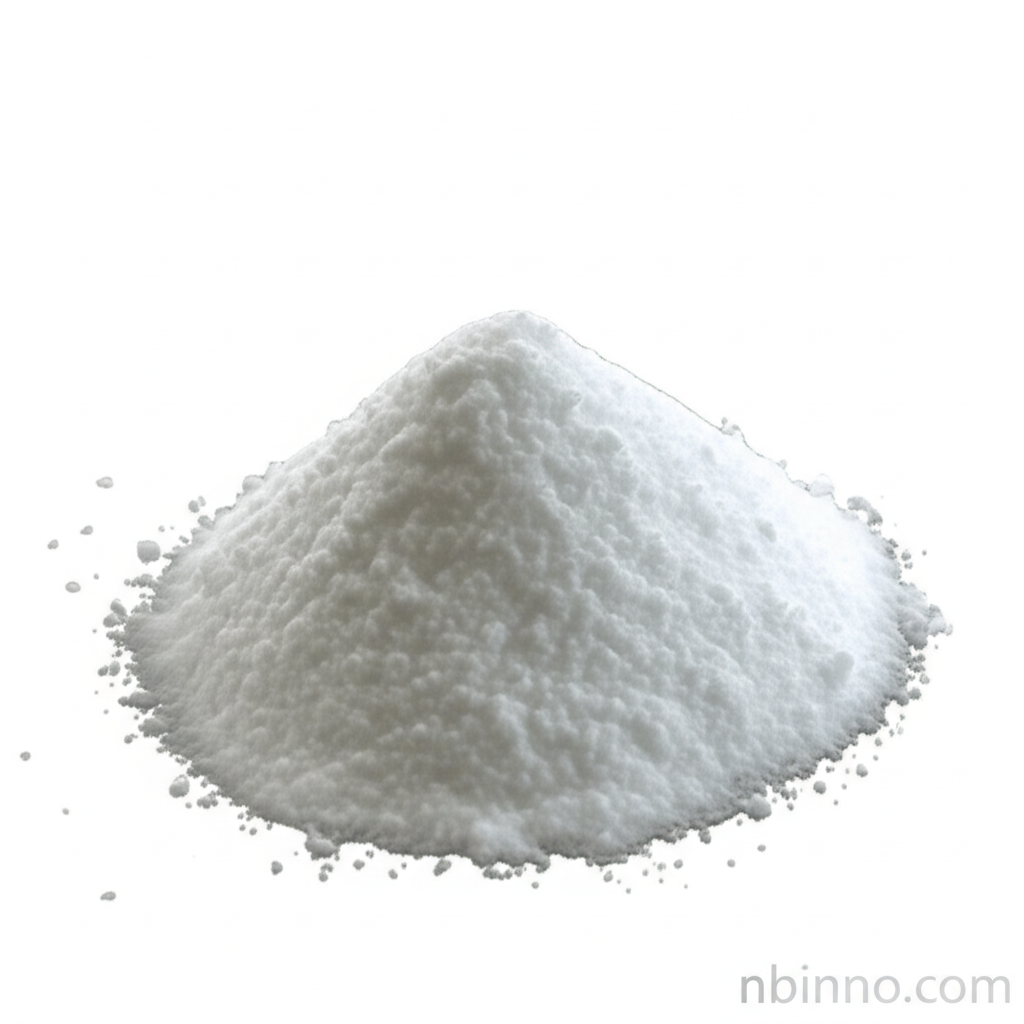DL-Methionine Methylsulfonium Chloride: Properties and Applications
Explore the versatile applications and critical properties of this essential fine chemical, also known as Vitamin U.
Get a Quote & SampleProduct Core Value

DL-Methionine Methylsulfonium Chloride
DL-Methionine Methylsulfonium Chloride (CAS 3493-12-7), often referred to as Vitamin U, is a sulfur-containing derivative of methionine. It is recognized for its potent antioxidant capabilities and has a history of use in addressing gastrointestinal issues. Industrially, it functions as a key intermediate and a versatile building block in the synthesis of more complex compounds and specialty chemicals.
- Leveraging DL-Methionine Methylsulfonium Chloride's antioxidant properties contributes to cellular protection against oxidative damage, making it valuable in advanced research applications.
- The role of Vitamin U as a fine chemical extends to its application as a building block for intricate molecular structures.
- Understanding CAS 3493-12-7 fine chemical applications reveals its importance in the development of new materials and pharmaceuticals.
- The unique nature of this methionine derivative synthesis makes it a sought-after compound in specialized chemical manufacturing processes.
Key Advantages
Versatile Building Block
As a versatile building block for research and synthesis, it enables chemists to create novel complex compounds with specific functionalities.
Antioxidant Powerhouse
Its antioxidant properties are crucial for protecting cells and are explored in various research fields, contributing to the study of cellular health.
Industrial Intermediate
Its utility as an intermediate for the production of speciality chemicals highlights its significance in industrial chemical supply chains.
Key Applications
Research and Development
Its role as a fine chemical building block makes it indispensable for R&D in pharmaceuticals and advanced materials, supporting complex syntheses.
Specialty Chemical Production
As an intermediate for specialty chemicals, it is integral to manufacturing processes requiring specific molecular structures and properties.
Biochemical Applications
Exploiting its nature as a methionine derivative, it finds applications in biochemical studies and the synthesis of related compounds.
Potential Therapeutic Uses
Its historical and ongoing research into Vitamin U's gastrointestinal applications suggests potential uses in health-related formulations and treatments.
